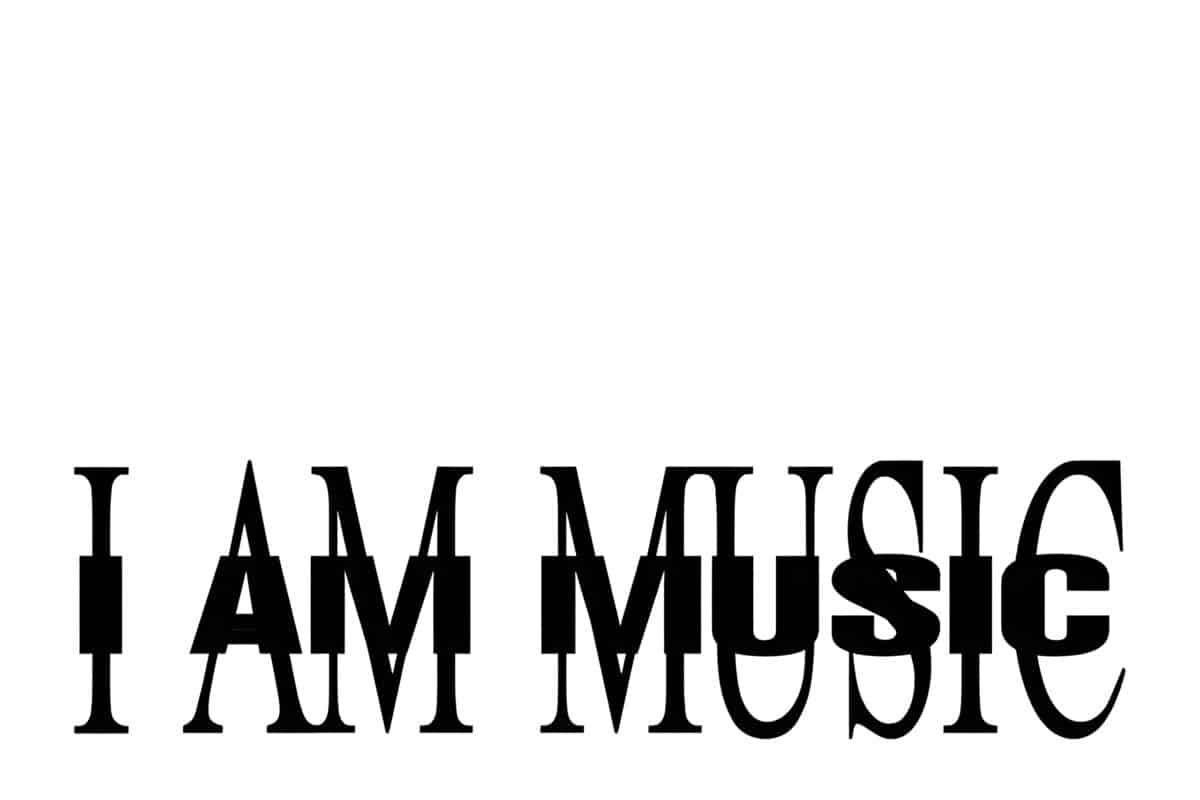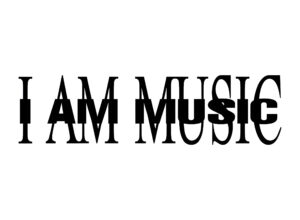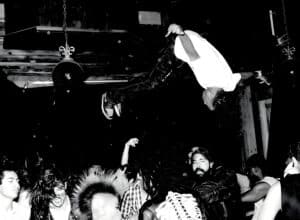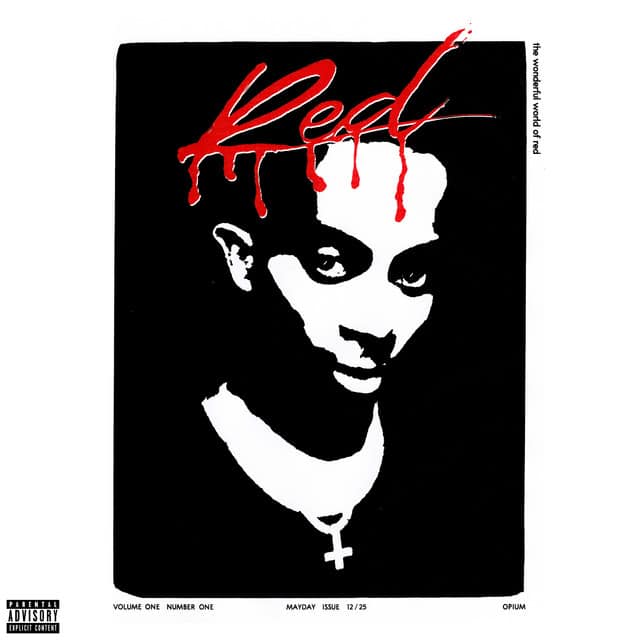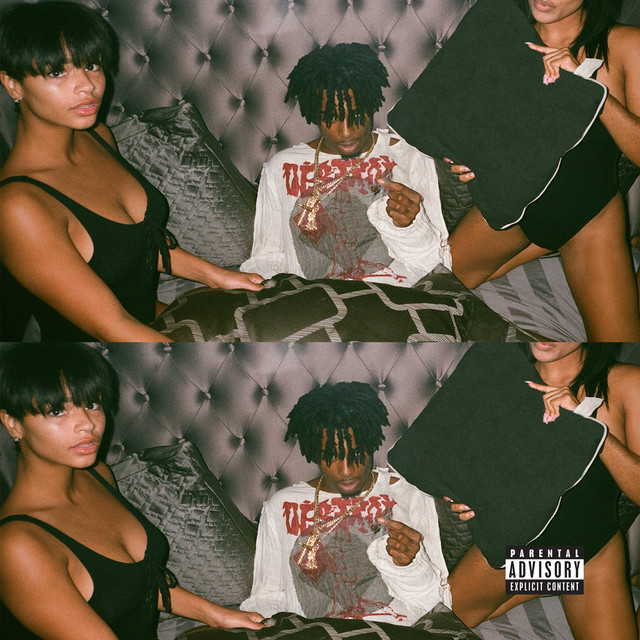Released: 2025
The song “BACKD00R” by Playboi Carti featuring Kendrick Lamar and Jhené Aiko presents a world that delves into themes of opulence, exclusivity, and street life, set against a backdrop of braggadocio typical in modern hip-hop. The “backdoor” metaphor hints at a lifestyle marked by privacy, exclusivity, and the tendency to operate outside the usual paths of societal norms.
The hook of “Backdoor” is essentially a repetitive incantation of the word itself. In this repetition, we see a heavy emphasis on exclusivity. This concept is not just literal but figurative, as the backdoor often represents a secret or elite access to something valuable or off-limits to the general populace. This repetitive chant establishes a foundation that underscores the themes of entering into something both clandestine and exclusive.
Playboi Carti’s verse kicks in with high-energy assertions of lifestyle, material wealth, and disregard for societal conventions. Phrases like “play with the munyuns, Dior” capture the playful yet luxurious lifestyle Carti inhabits. ‘Munyuns’ is slang for money, and when coupled with Dior, a high-end fashion brand, it represents an excessive but common marriage of wealth and high fashion in hip-hop.
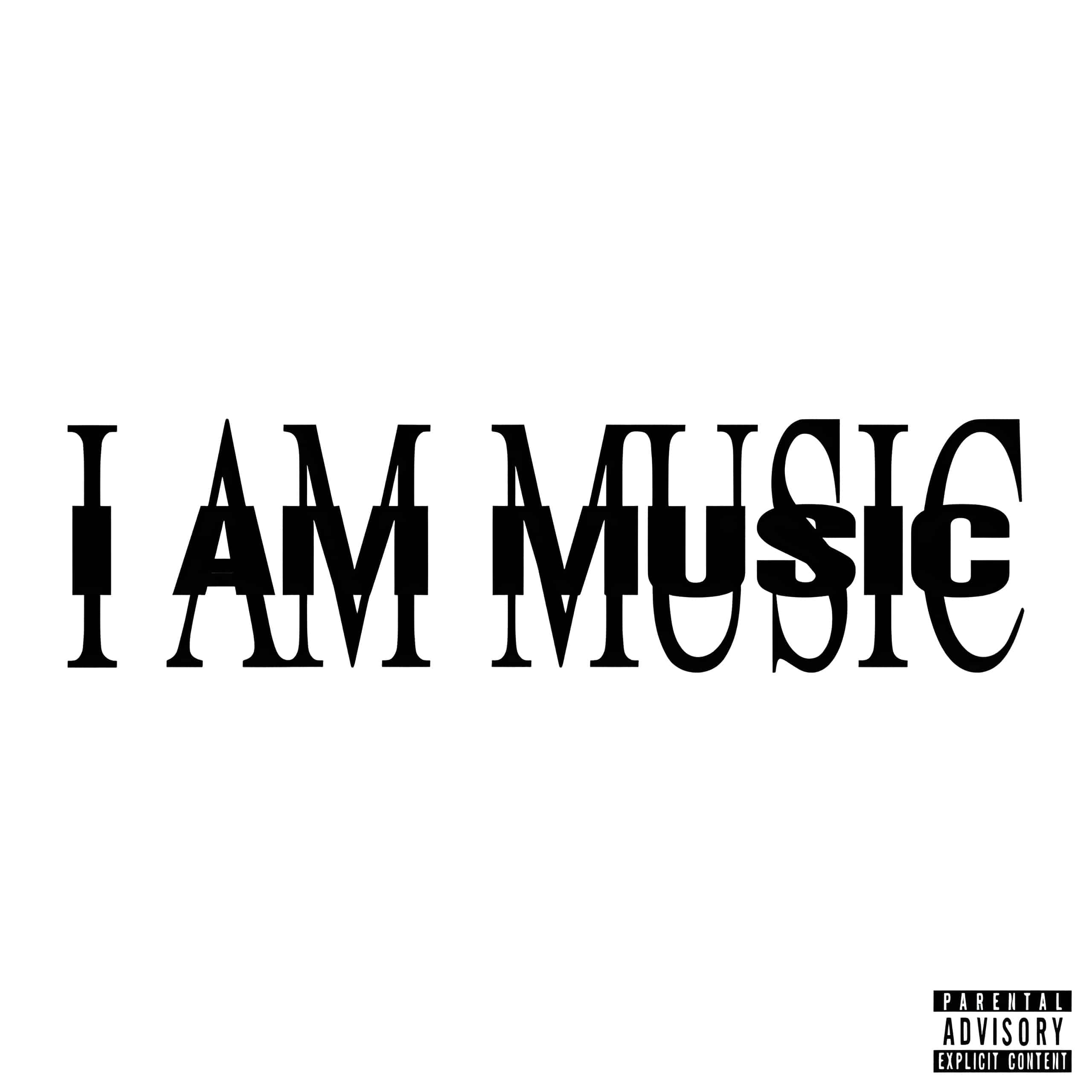
Carti references living ‘life on the hill like a senior,’ painting a picture of luxury akin to an older generation’s maturity and wealth. There’s an interesting dichotomy here between youthful recklessness and the status of affluence usually associated with older age. He insists that others don’t cross him, subtly asserting dominance within his space by maintaining his presence with “a ten, she Aaliyah,” a reference that speaks to his taste in women—perfect and timeless like the late singer.
A further examination of “dots” and “Cheetah” in Carti’s verse may allude to an upscale lifestyle and perhaps even the infamous Cheetah’s strip club in Atlanta, linking back to hip-hop’s notorious relationship with nightclubs and late-night ventures. Carti underscores this lifestyle by expressing his propensity to “make it back and probably spend it all on you,” showing a lavish spending culture in hip-hop where money comes fast and is spent faster.
The chorus, in collaboration with Jhené Aiko, plays into themes of affection with the line “I’ma make it back and probably spend it all on you.” It’s both a romantic promise and an embodiment of hip-hop’s spending habits, where wealth is a currency for emotional exchange and power. This blend of vulnerability and braggadocio encapsulates a dynamic often seen in modern hip-hop.
Jhené Aiko’s silky contribution adds a different layer of smoothness and melody to the chorus, providing a feminine counterbalance to the harsh realities depicted in Carti’s lyrics. She refers to embellishing someone with “VVs” or diamonds, alluding to love manifested through extravagant gifts, something that resonates deeply in hip-hop culture. The repetitive instruction to “pull up through the backdoor” extends this theme of intimacy and exclusivity further.
The notion of “Vamp life, spooky” possibly points towards Carti’s known association with a nocturnal lifestyle, reminiscent of vampire mythology—a life hidden in shadows, private and exclusive, highlighted by the “members only” references. This serves as a metaphor for how the wealthy and famous might navigate their lives away from public scrutiny, evoking mystery and allure.
In a subsequent verse, there’s an undercurrent of street ethics and retaliation when Carti notes that if someone steps out of line, there will be immediate repercussions, as demonstrated by phrases like “get hit with this gun, schyeah.” This brutal realism juxtaposes with the preceding glamorous portrayals, adding grit and depth to the lifestyle being painted. Such elements are central to hip-hop’s roots, a genre born from the struggles of urban life.
In closing, “BACKD00R” ties together Carti’s unique ability to fuse opulence, intimacy, and street-wise realities. The repetition of the “backdoor” imagery conveys a deep understanding of the pathways between visible wealth and hidden lives. Whether through exclusive access, luxurious living, or veiled warnings, the song encompasses themes that echo throughout the landscape of hip-hop: wealth, exclusivity, power, and survival, blending the line between high life and street credibility.
